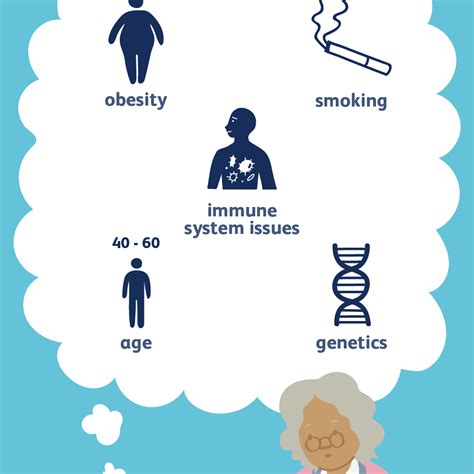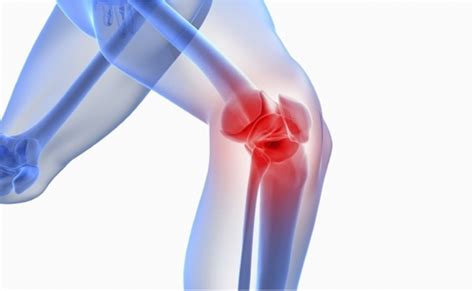Spinal headaches often occur following a spinal tap procedure or spinal anesthesia, and they typically resolve without treatment. In approximately 1% of these cases, the needle may be inserted too deeply, puncturing the spinal membrane and causing a significant leak of spinal fluid. This can result in headaches, as described by Ansari, a clinical assistant professor of anesthesiology. The headaches are generally bilateral and can affect the frontal and/or occipital regions. Accompanying symptoms may include neck or back stiffness, nausea, vomiting, dizziness, visual disturbances, photophobia, tinnitus, and hypoacusia. The believed cause is the loss of cerebrospinal fluid (CSF) through a dural tear, leading to reduced intrathecal pressure and consequent traction pain on the sensitive meninges.
A spinal fluid leak, where CSF escapes from the dura, can arise from various factors. Some leaks are attributable to congenital defects in the dura, while others result from traumatic injuries. There are also instances where the cause remains unidentified.
When it comes to headaches in general, the exact causes are not fully understood by doctors. However, it is acknowledged that brain tissue and the skull do not directly cause pain since they lack pain-sensitive nerves.
Another condition, autoimmune encephalitis (AE), involves inflammation of the brain where the immune system mistakenly targets healthy cells in the brain or spinal cord. AE is rare and can precipitate swift alterations in physical and mental health.
Degenerative spine conditions are characterized by the progressive loss of normal spine structure and function due to age-related deterioration, rather than from trauma, infection, or other distinct causes.

To learn more about spinal headaches, you may visit Mayo Clinic or refer to the discussion on post-epidural headaches at Stanford Medicine. For an in-depth understanding of post-dural puncture headaches, consult UCSF Health. Information on spinal fluid leaks can be found at Columbia Neurosurgery. For a broader discussion on headaches and when to seek care, Harvard Health provides insights at Harvard Health. Lastly, for information on autoimmune encephalitis, visit Hospital for Special Surgery and to understand degenerative spinal conditions, refer to Columbia Neurosurgery.


